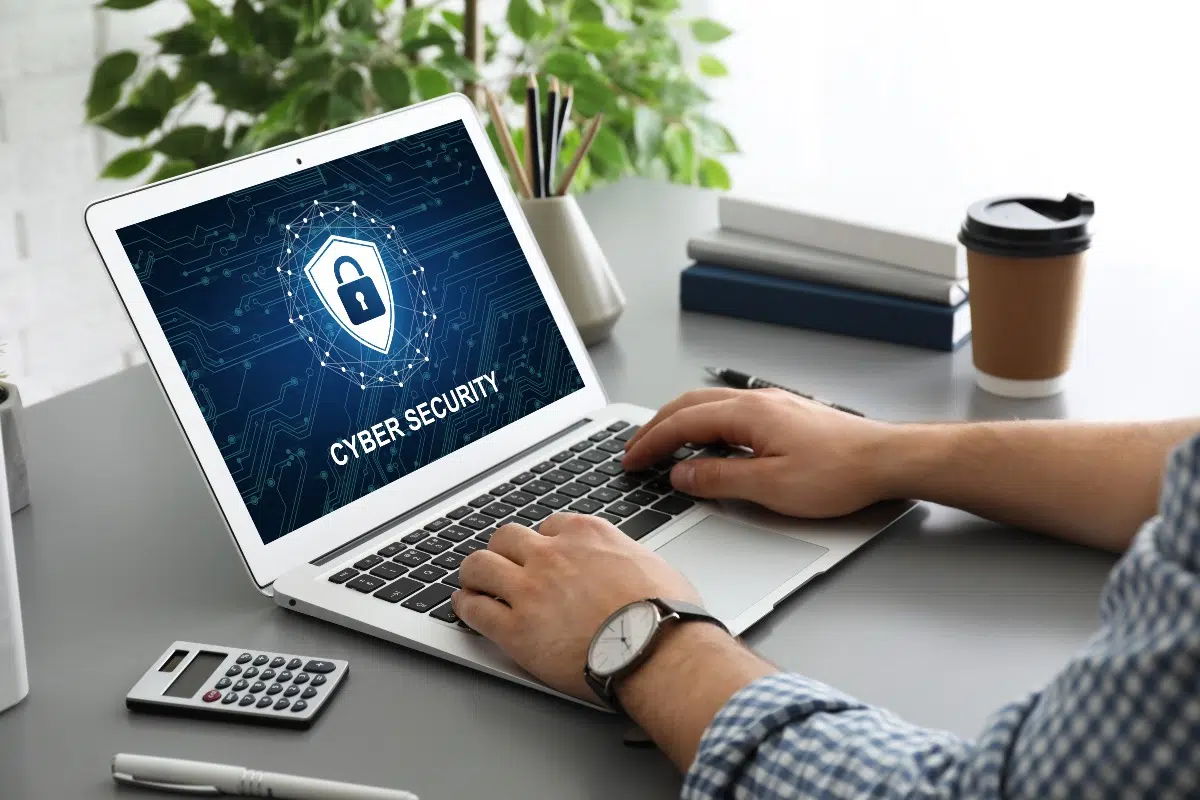
Top Ten Cybersecurity Practices Every Business Should Implement
By Adedayo Ebenezer Oyetoke Published on: December 14th 2023 | 4 mins, 623 words Views: 389
In today's digital age, cybersecurity has become a top priority for businesses of all sizes. With the increasing number of cyberattacks and data breaches, it's crucial for organizations to take proactive measures to protect their valuable assets, reputation, and customers. In this blog, we will discuss the top ten cybersecurity practices that every business should implement to ensure their online presence remains secure.
1. Strong Password Policy:
- - Passwords should be unique, complex, and long (at least 12 characters)
- - Avoid using easily guessable information such as names, birthdays, or common phrases
- - Regularly update passwords and enforce password expiration policies
- - Use a mix of uppercase and lowercase letters, numbers, and special characters
Example: Instead of using "password123," try "P@ssw0rdL3v3l2y!"
2. Two-Factor Authentication (2FA):
- - 2FA adds an extra layer of security by requiring users to provide two forms of verification, such as a password and a one-time code sent to their phone
- - This helps prevent unauthorized access even if an attacker gains access to a user's password
Example: Enable 2FA on your email account and mobile banking app
3. Firewall and Anti-Malware Software:
- - A firewall is a security system that monitors and controls incoming and outgoing network traffic based on predet
- - Anti-malware software detects and removes malicious software, such as viruses, worms, and spyware
Example: Install a reputable firewall and anti-malware program on all devices connected to your network
4. Regular Security Updates:
- - Keep all software, operating systems, and hardware up-to-date with the latest security patches
- - Regularly update plugins and extensions for your web browser
Example: Set up automatic updates on all devices and apply them as soon as they are available
5. Employee Cybersecurity Training:
- - Educate employees on the importance of cybersecurity and best practices for protecting company data
- - Conduct regular training sessions to reinforce key concepts
Example: Hold a cybersecurity awareness workshop for all employees and require them to complete an online security course
6. Data Backup and Recovery Plan:
- - Regularly back up your data to an external location, such as a cloud storage service or an external hard drive
- - Develop a recovery plan in case of a data loss event
Example: Back up your company's data to a cloud storage service like Google Drive or Dropbox
7. Secure Wireless Networks:
- - Use strong encryption methods, such as WPA2 or WPA3, for your wireless network
- - Change the default network name (SSID) and password to prevent unauthorized access
Example: Update your router's settings to use a strong encryption method and change the default network name and password
8. Physical Security Measures:
- - Implement access control measures, such as security cameras and key cards, to restrict access to sensitive areas
- - Keep all electronic devices, including laptops and smartphones, secure when not in use
Example: Install a security camera in your office and require employees to lock their computers when not in use
9. Patch Management:
- - Regularly review and address software vulnerabilities to minimize the risk of cyberattacks
- - Use a patch management tool to automate the process of identifying, testing, and deploying patches
Example: Use a patch management tool like Qualys or Nessus to identify and deploy security updates
10. Incident Response Plan:
- - Develop a comprehensive incident response plan that outlines steps to be taken in case of a cybersecurity breach
- - Regularly test and update your incident response plan to ensure it remains effective
Example: Create an incident response plan that includes steps for reporting breaches, containing the damage, and recovering from the incident
Conclusion:
In today's fast-paced digital world, cybersecurity is more important than ever. By implementing the top ten cybersecurity practices discussed in this blog, businesses can significantly reduce the risk of cyberattacks and protect their valuable assets. Remember, a proactive approach to cybersecurity is essential for maintaining a secure online presence and ensuring the success of your organization.